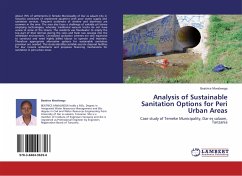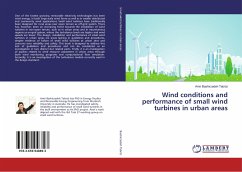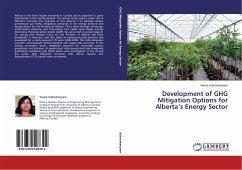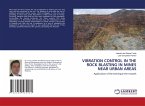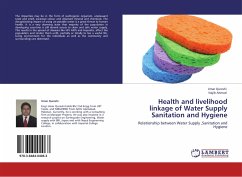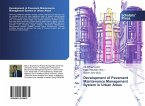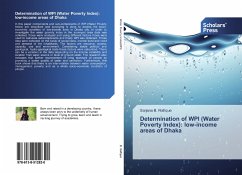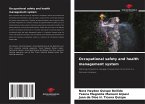About 70% of settlements in Temeke Municipality of Dar es salaam City in Tanzania constitute of unplanned squatters with poor water supply and sanitation services. Frequent outbreaks of cholera and diarrhoea are common in the area. The area also faces a challenge of suitable pit latrine emptying technologies, whereby traditional vacuum trucks do not have access to some of the streets. The residents use floodwater to empty the top part of their latrines during the rains and flush raw sewage into the immediate environment. Centralized sanitation schemes are very expensive to construct and need highly skilled labour to operate and maintain. Therefore appropriate alternative options for sustainable sanitation provision are needed. This study identifies suitable excreta disposal facilities for low income settlements and proposes financing mechanisms for sanitation in peri-urban areas.
Bitte wählen Sie Ihr Anliegen aus.
Rechnungen
Retourenschein anfordern
Bestellstatus
Storno

